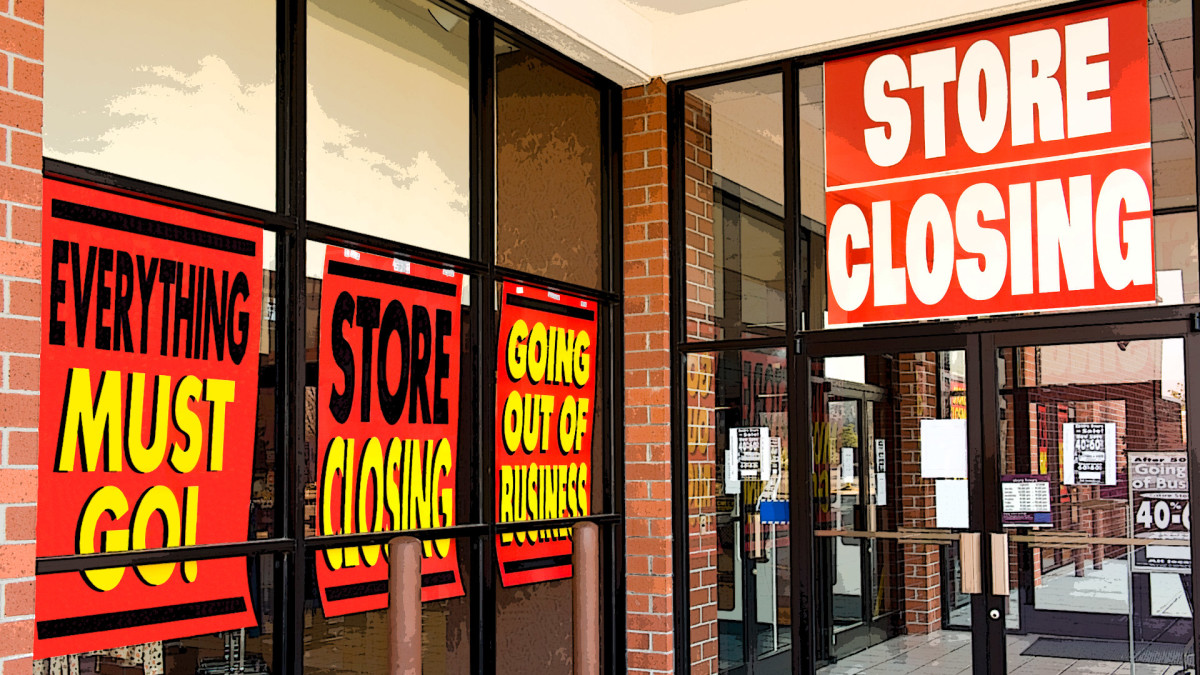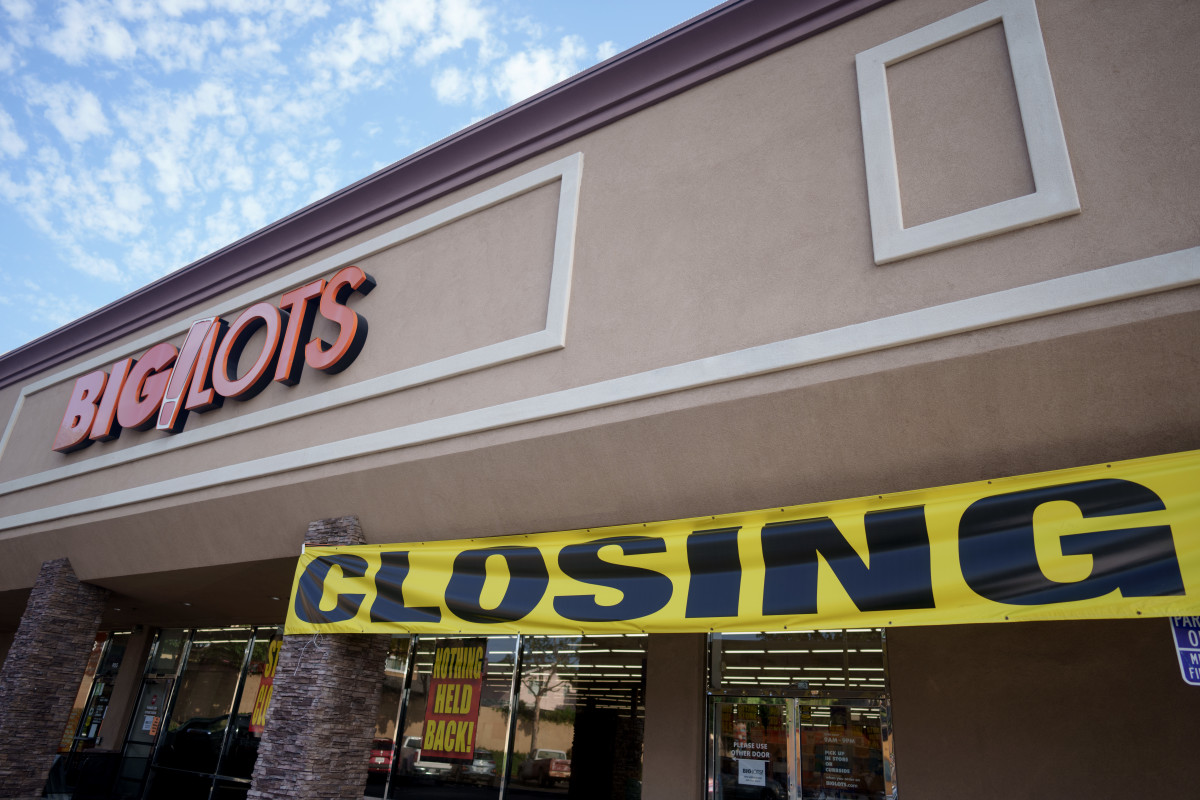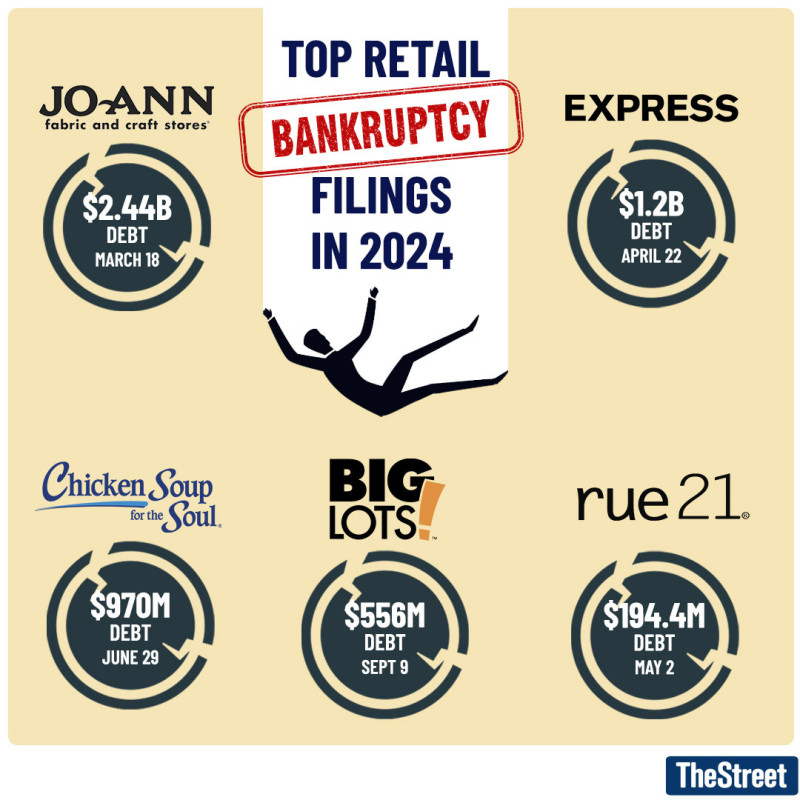
The retail sector has faced a volatile business environment in 2024 with several chains filing for bankruptcy and closing down operations, while others have obtained last-minute reprieves to remain open.
Retailers have struggled since the Covid-19 pandemic in 2020, which forced many chains to shut down operations for long periods. Once they reopened, businesses limited the amount of customers in stores by implementing physical distancing practices.
These and other Covid-19 measures put a strain on revenues, causing financial distress for many retail chains. As the pandemic subsided, interest rates began rising, which increased the price of financing and the cost of existing debt.
Related: Another troubled retail chain files for Chapter 11 bankruptcy
Then came post-Covid inflation that increased retailers' cost of doing business, as the prices for goods and cost of labor rose significantly over the last four years.
Earlier this year, discount retailer 99 Cents Only filed for Chapter 11 bankruptcy on April 8, 2024, hoping to reorganize and remain in business. The chain of stores could not find a buyer or reorganize as a going concern, so it liquidated and closed down all 371 locations in Arizona, California, Nevada, and Texas.
In mid-December, giant party supply retailer Party City reportedly was considering a second Chapter 11 filing in two years, but its financial situation was much worse than anticipated.
Party City Holdco, which operated about 700 party supply and costume stores in the U.S., Canada, and Mexico, was behind on rent for some of its stores and running out of cash. Lagging sales also made it difficult for the company to make payments on its large debt load.
Major retail stores close in 2024
Party City isn't the only major retail chain to suffer.
Party City's business disaster peaked on Dec. 20, as the company's CEO Barry Litwin told corporate employees in a video conference meeting that the party supply chain was winding down operations immediately and that it was their last day of employment.
More bankruptcy stories:
- Another major trucking company files for Chapter 11 bankruptcy
- Disasters force key energy company to file Chapter 11 bankruptcy
Embattled home goods retailer plans to file Chapter 11 bankruptcy
Employees were told they would not receive severance pay and their benefits would end as the company went out of business.
Some employees received letters stating that the company would close stores on Feb. 28, at which time store staff would be terminated.
Party City followed up those employee notes on Dec. 21 with a Chapter 11 bankruptcy filing in the U.S. Bankruptcy Court for the Southern District of Texas to liquidate its assets.
Related: Iconic retail chain closing down all stores, files bankruptcy
Home goods retailer The Container Store, which also faced severe economic problems, had a financial dilemma when potential investment partner Beyond revealed in a Nov. 20 statement that it had concerns about a proposed $40 million investment in the retail chain after the home goods retailer had not been able to secure additional financing acceptable to Beyond.
Beyond, which owns online retailers Overstock, Bed Bath & Beyond, Baby & Beyond, and Zulily, on Oct. 15, 2024, reached a $40 million securities purchase agreement with The Container Store Group Inc. with a requirement that the home goods retailer secure new financing on terms commercially acceptable to Beyond as a condition to closing.
Then on Dec. 9, the New York Stock Exchange delisted and immediately suspended the trading of The Container Store's common stock. The deal with Beyond would subsequently collapse.
The Coppell, Texas, debtor filed for Chapter 11 bankruptcy on Dec. 22 to restructure its debts with a prepackaged reorganization plan that will recapitalize the company and hand ownership of the company to its term loan lenders as a going concern.

Big Lots will continue with 200 to 400 stores
Finally, bankrupt discount home goods retailer Big Lots filed for Chapter 11 protection on Sept. 9 in the U.S. Bankruptcy Court for the District of Delaware seeking to sell its assets to stalking-horse bidder Nexus Capital Management for a $760 million bid, which included $2.5 million in cash, debt payoff, and assumption of liabilities.
By December, that deal had also collapsed and Big Lots on Dec. 19 revealed that it would begin going-out-of-business sales at all of its stores, which numbered 1,392 in 48 states when it filed for bankruptcy.
But that will not be the end of the Big Lots story. The debtor on Dec. 27 said that it had agreed to a sale transaction with Gordon Brothers Retail Partners that will allow for the transfer of stores, distribution centers and intellectual property to other retailers and companies.

TheStreet
Under Gordon Brothers' plan, Variety Wholesalers Inc. will purchase 200 to 400 Big Lots stores and operate them under the Big Lots brand, along with up to two distribution centers. Variety Wholesalers may also employ Big Lots associates at acquired stores and distribution centers, according to a statement.
Variety Wholesalers owns more than 400 retail stores in the Southeast and Mid-Atlantic United States under the Roses, Roses Express, Maxway, Bill's Dollar Stores, Super 10, Super Dollar, and Bargain Town banners.
Related: The 10 best investing books (according to stock market pros)







